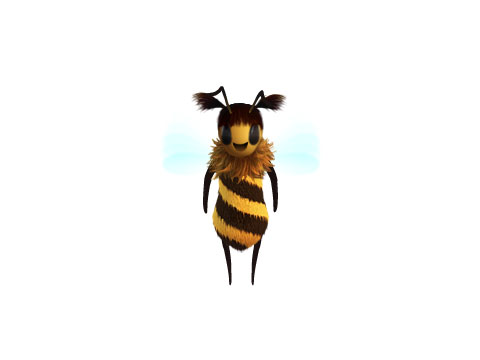Wednesday, October 19, 2005
Amiri Baraka and Rod Smith read last night at Georgetown University in the Lannan Poetry Series.
I normaly work at Joy of Motion on Tuesday nights, and it was a big pain to switch my schedule around--but it was worth it! I've been reading his autobiography and am trying to figure out a way of incorporating some of it into the memoir class I'm teaching at the corcoran. It was one of the largest crowds I've ever seen at a reading, and there were students in the front rows actually jumping up and down in their seats because they were so excited.
Have a look at Kaplan's pictures from the event.
I arrived at the pre-reading seminar late. At a certain point the talk turned to the issue of how all art is social and political and the need to cooperate and organize is very real. At the same time, most organizations as we know them suck.
Sample Baraka quote (or perhaps paraphrase, since this is from my notes): "It's a question of cooptation, bribery, and murder." Cooptation, bribery, and murder are of course part of what organized art needs to oppose.
A few students expressed concern that organizing would somehow compromise the "individuality of the artist."
I dislike the idea of the artist as romantic loner and individual. Ok. I don't dislike it. It's appealing in some ways. Ok, a lot of ways. But it's not the only or even best model for an artist. Even if I go and live in the woods alone and write poems and never talk to anyone again, I'm participating in a history of poets going into the woods and never talking to anyone again.
The discussion reminded me of some of Bob Black's writing. His best known essay is called "The Abolition of Work." It also brought to mind Jessica Benjamin's theories of psychology. Subject-subject instead of subject-object.
Uh, pause to check notes.
Jessica Benjamin asserts that there is an “ongoing interplay of destruction and recognition” between subjects, and that this interplay forms a “dialectic between fantasy and external reality” (Like Subjects, Love Objects, 45).
More later.
I normaly work at Joy of Motion on Tuesday nights, and it was a big pain to switch my schedule around--but it was worth it! I've been reading his autobiography and am trying to figure out a way of incorporating some of it into the memoir class I'm teaching at the corcoran. It was one of the largest crowds I've ever seen at a reading, and there were students in the front rows actually jumping up and down in their seats because they were so excited.
Have a look at Kaplan's pictures from the event.
I arrived at the pre-reading seminar late. At a certain point the talk turned to the issue of how all art is social and political and the need to cooperate and organize is very real. At the same time, most organizations as we know them suck.
Sample Baraka quote (or perhaps paraphrase, since this is from my notes): "It's a question of cooptation, bribery, and murder." Cooptation, bribery, and murder are of course part of what organized art needs to oppose.
A few students expressed concern that organizing would somehow compromise the "individuality of the artist."
I dislike the idea of the artist as romantic loner and individual. Ok. I don't dislike it. It's appealing in some ways. Ok, a lot of ways. But it's not the only or even best model for an artist. Even if I go and live in the woods alone and write poems and never talk to anyone again, I'm participating in a history of poets going into the woods and never talking to anyone again.
The discussion reminded me of some of Bob Black's writing. His best known essay is called "The Abolition of Work." It also brought to mind Jessica Benjamin's theories of psychology. Subject-subject instead of subject-object.
Uh, pause to check notes.
Jessica Benjamin asserts that there is an “ongoing interplay of destruction and recognition” between subjects, and that this interplay forms a “dialectic between fantasy and external reality” (Like Subjects, Love Objects, 45).
More later.
Subscribe to:
Post Comments (Atom)








No comments:
Post a Comment